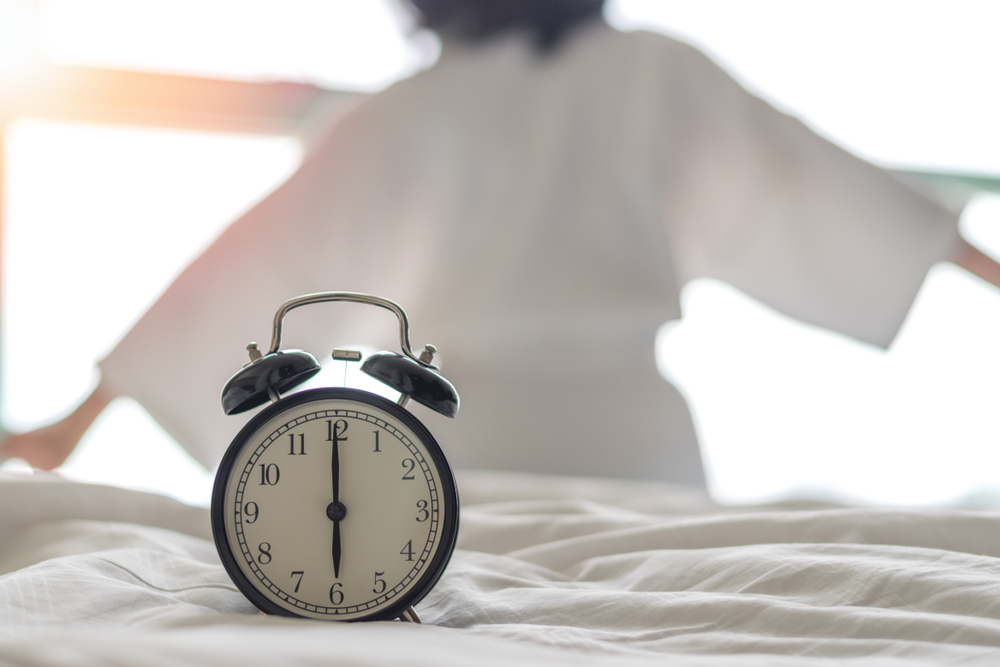Have you ever heard of the circadian rhythm? This term refers to the body’s internal clock, which regulates our physiological needs, such as sleeping and eating. However, because of the modern society in which we live, this biological rhythm is more and more disturbed, which is not without consequences on physical and psychological health.
In what follows, we discuss the problem of the effects of our modern lifestyle on our biological rhythm. We will present you with advice to adopt in order to better respect it, for the benefit of your health.
Why is our biological rhythm disturbed?
In the past, we used to live at the rhythm of nature, that is to say that we took advantage of the hours of natural sunshine to carry out our daily activities. We went to bed at night, at the same time as the sun. In addition, we lived more in summer, especially since the weather was favourable for cultivating the land, while winter was a time for resting. Today, we tend to associate summer with rest and vacations.
Nowadays, we have access to electricity to be lit at all hours of the day and night. Moreover, screens are now omnipresent in our lives and it has been widely demonstrated that the blue light they emit directly disrupts our biological rhythm. Indeed, the biological rhythm is regulated by the production of melatonin, a hormone often referred to as the sleep hormone. Its natural production by the body is stimulated by darkness and, conversely, light leads to a decrease in melatonin in the brain, which causes our body to wake up.
In our contemporary society, it is practically impossible not to disturb our biological rhythm. Indeed, the technological tools to which we have access disconnect our organism from its primary needs, which is not without consequences…
Disruption of biological rhythm: harmful effects on health
As a result of having habits that are not “natural” with regard to our biological rhythm, our biological rhythm ends up being out of balance, which has various consequences. For example, it is believed that this may affect the body’s ability to regenerate itself. Also, not respecting the biological rhythm could have an impact on the efficiency of the immune system to defend our body against bacteria, viruses and diseases.
In short, by forcing the disruption of the biological rhythm, we risk finding ourselves in a state of chronic fatigue, which exacerbates the risk of developing serious health problems, such as obesity and cardiovascular disease. In addition, the risk of developing mental health problems is also increased.
How can we respect our rhythm?
We are aware that the professional, family and social responsibilities that we have in our society make us want to do a maximum every day. Sometimes, we are even forced to ignore our primary needs because we try to do, in the same day, everything that society dictates to us. To avoid this, we must keep in mind two main pieces of advice, which aim to help us respect our biological rhythm.
- Respect your sleep needs: an adult generally needs 7 to 8 hours of sleep per night to allow his body to regenerate and to avoid accumulated fatigue. However, the stress imposed on us by modern society and the prolonged use of screens are factors that directly affect the quality of our sleep. It is therefore important to maintain good lifestyle habits at all times and to allow enough time to get the rest we need to protect our health. In addition, we must keep in mind that getting up very early or going to bed very late inevitably disrupts our biological rhythm, especially when it is recurrent.
- Maintaining a routine: it is an excellent way to preserve your biological rhythm. With confinement, this can be more difficult, we know… However, it is important to maintain a daily routine, since it helps to naturally regulate the biological rhythm, and thus avoid its disruption and the consequences that come with it. To do this, it is advisable to keep, from day to day, the same hours for getting up and going to bed, but also for taking the 3 daily meals. It is also necessary to set aside the screens (television, computer, cell phone, etc.) at least one hour before bedtime to avoid disturbing the production of melatonin in the brain, and thus delaying the moment of falling asleep.
It is important not to neglect the harmful effects that disturbances in biological rhythm can have on our health. For personalized advice related to your lifestyle, do not hesitate to consult the health and social services professionals at Clinique GO™. Their services, offered at home and in teleconsultation, are very versatile.
 Approuvé par Francis Desjardins
Approuvé par Francis Desjardins



